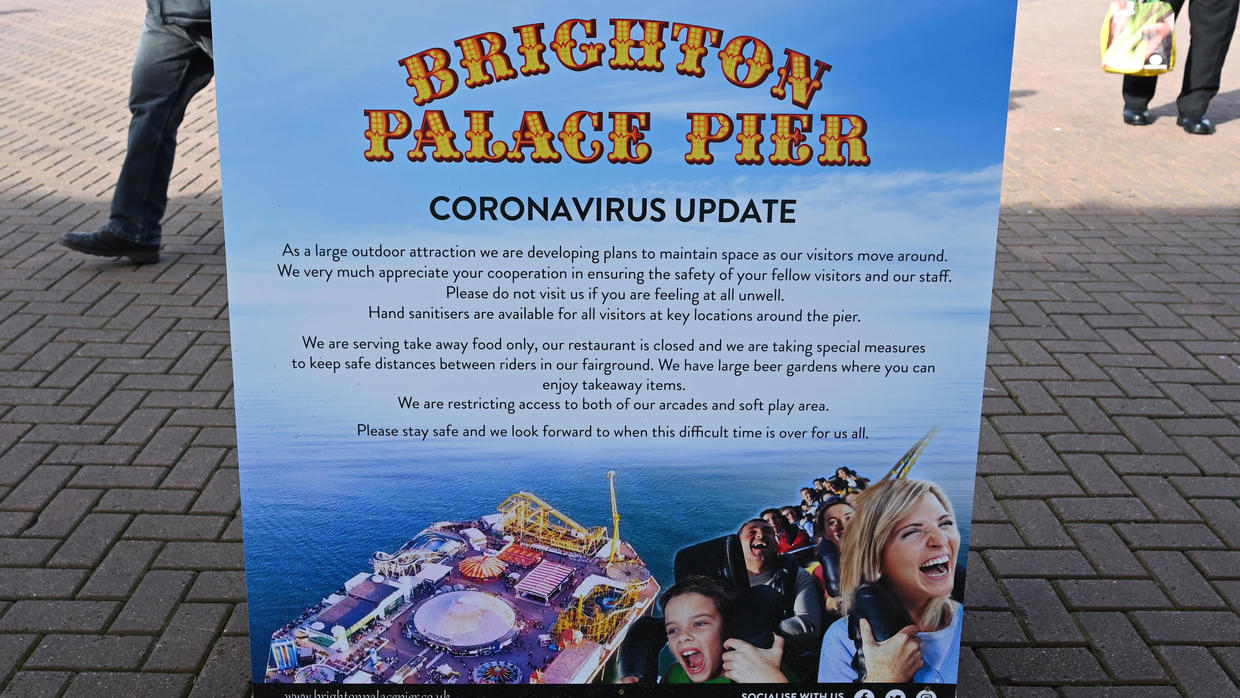
Anglian Water pleaded guilty and was hit with a fine of £2.65m after allowing untreated sewage to overflow into the North Sea following a prosecution brought by the
Environment Agency.
A catalogue of failures by the company to manage and monitor effluent at the Jaywick Water Recycling Centre in Essex led to sewage being discharged into the sea.
These discharges occurred because Anglian Water decommissioned a piece of equipment, which led to the conditions for untreated sewage to be released into the North Sea. It failed to act on available data that would have alerted it to the issue. There was also a lack of an alarm system to inform the water company of how often these discharges were occurring.
Anglian Water was ordered to pay prosecution costs of £16,520.09 and a victim surcharge of £170 at Chelmsford Magistrates’ Court (27 April 2023). Resulting in a total financial penalty of £2,666,690.09.
It is the largest ever fine imposed for environmental offences in the region.
Since 2010, water companies have been responsible for self-monitoring water recycling sites with the Environment Agency guidance to inspect sites every 8 years.
An investigation in 2018 found that the discharges into the North Sea, recorded over a month between June and July, was the equivalent of more than 3 Olympic-sized swimming pools. Or 7,500,000 litres.
The Jaywick Water Recycling Centre does have an Environment Agency permit, which only allows discharges into the sea during storm conditions.
Sentencing Anglian Water, District Judge King said ‘more could and should have been done’ to prevent this pollution.
He added that it should not have taken Environment Agency officers to spot what was happening during a routine inspection. And said they simply ‘heard, looked and saw’ what Anglian Water operatives, who were present on site every day, should have seen.
He told the court the fact that ‘Anglian Water finds itself in court so frequently’ must be reflected in the level of the fine. And referred to ‘a clear pattern of the company not responding adequately’ to previous penalties.
Environment Agency Chair Alan Lovell said:
The Environment Agency’s officers were instrumental in highlighting the scale of Anglian Water’s discharges into the North Sea – equivalent to three Olympic swimming pools of waste water in a month – and ensuring the water company has been made to pay for its pollution.
The Environment Agency will pursue any water company that fails to uphold the law or protect nature and will continue to press for the strongest possible penalties.
Water Minister Rebecca Pow said:
I am clear that water companies must not profit from environmental damage.
This latest result follows on the heels of a £2.1m fine handed to South West Water. In both cases, the fines will rightly be paid solely from the company’s operating profits and not passed on to customer bills.
Going forward all fines will be paid into our Water Restoration Fund to support projects that will help improve our natural environment and our water quality.
Jeremy Hay, Senior Environment Officer at the Environment Agency, said:
This prosecution highlights the volume of sewage being discharged into our waters is unacceptable and that the Environment Agency is taking action to make sure polluters are held to account.
We welcome the sentence, which sends out the message that we will not hesitate to prosecute companies which endanger communities and disregard the environment and the law.
Polluters should always be held to account, and, as much as our resources allow, we will always investigate significant pollution incidents and bring those responsible before the courts.
If members of the public are concerned about pollution, they should call our 24/7 incident hotline on 0800 80 70 60.
Overall, water quality in our rivers, estuaries and coastal waters has improved greatly over the last few decades. Largely due to robust regulation by the Environment Agency and investment by the water companies.
The number of serious water pollution incidents caused by the water and sewerage companies has been reduced dramatically, from over 500 in the early 1990s down to just 62 in 2021.
The bathing waters around our coasts are in the best state they have been for decades. In 2022, 72% of beaches and inland waters met the ‘Excellent’ standard, the highest since new stringent standards were introduced in 2015.
The court heard how Anglian Water could have done more to prevent these discharges. Data was available to indicate storm flows were occurring in dry weather which should have prompted an investigation by Anglian Water.
There was also no alarm in place to indicate regular storm overflow operation and prompt further investigation. The court also heard how a simple ‘walkover’ inspection would have alerted Anglian Water to the issues.
The blockage was cleared by Anglian Water in August 2018.
Anglian Water have since taken several actions to address issues found at the site. These included ensuring equipment was in working order, implementing a regular cleaning regime, and increasing the storm flow separation weir height to reduce the possibility of premature overflows. Photo by David Wright, Wikimedia commons.





























































